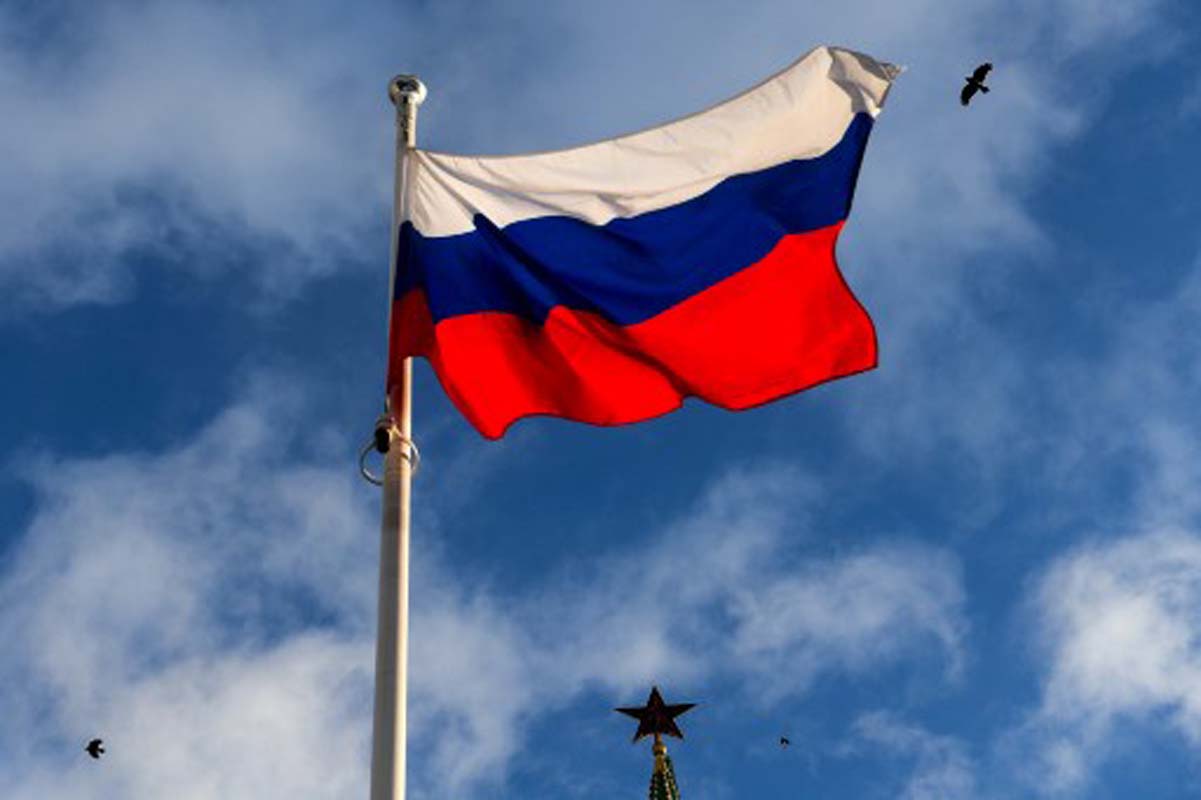
403
Sorry!!
Error! We're sorry, but the page you were looking for doesn't exist.
Russian economy’s trains for worst-case scenarios
(MENAFN) Vladimir Putin has dedicated years training for the worst-case scenario. Since at least 2014, when Russia was battered by plummeting oil prices and sanctions over Ukraine, the Kremlin has concentrated on erecting financial barriers, imposing macroeconomic discipline, detaching itself off the currency, and supporting import replacements.
Even as Covis-19 struck middle class families, Moscow tightened its grip financially.
Consequently, Russia's foundations appear to be in decent condition in comparison with other countries, with fairly low debts, near USD640 billion in worldwide savings, and a financial luxury equivalent to approximately 12 percent of its economic production in the form of a National Wealth Fund reinforced by hydrocarbon profits. It’s important to note that, self-sufficiency has improved as well, with Russia being a net supplier of agricultural products for the first time in the post-Soviet period in 2020.
Even as Covis-19 struck middle class families, Moscow tightened its grip financially.
Consequently, Russia's foundations appear to be in decent condition in comparison with other countries, with fairly low debts, near USD640 billion in worldwide savings, and a financial luxury equivalent to approximately 12 percent of its economic production in the form of a National Wealth Fund reinforced by hydrocarbon profits. It’s important to note that, self-sufficiency has improved as well, with Russia being a net supplier of agricultural products for the first time in the post-Soviet period in 2020.

Legal Disclaimer:
MENAFN provides the
information “as is” without warranty of any kind. We do not accept
any responsibility or liability for the accuracy, content, images,
videos, licenses, completeness, legality, or reliability of the information
contained in this article. If you have any complaints or copyright
issues related to this article, kindly contact the provider above.

















Comments
No comment